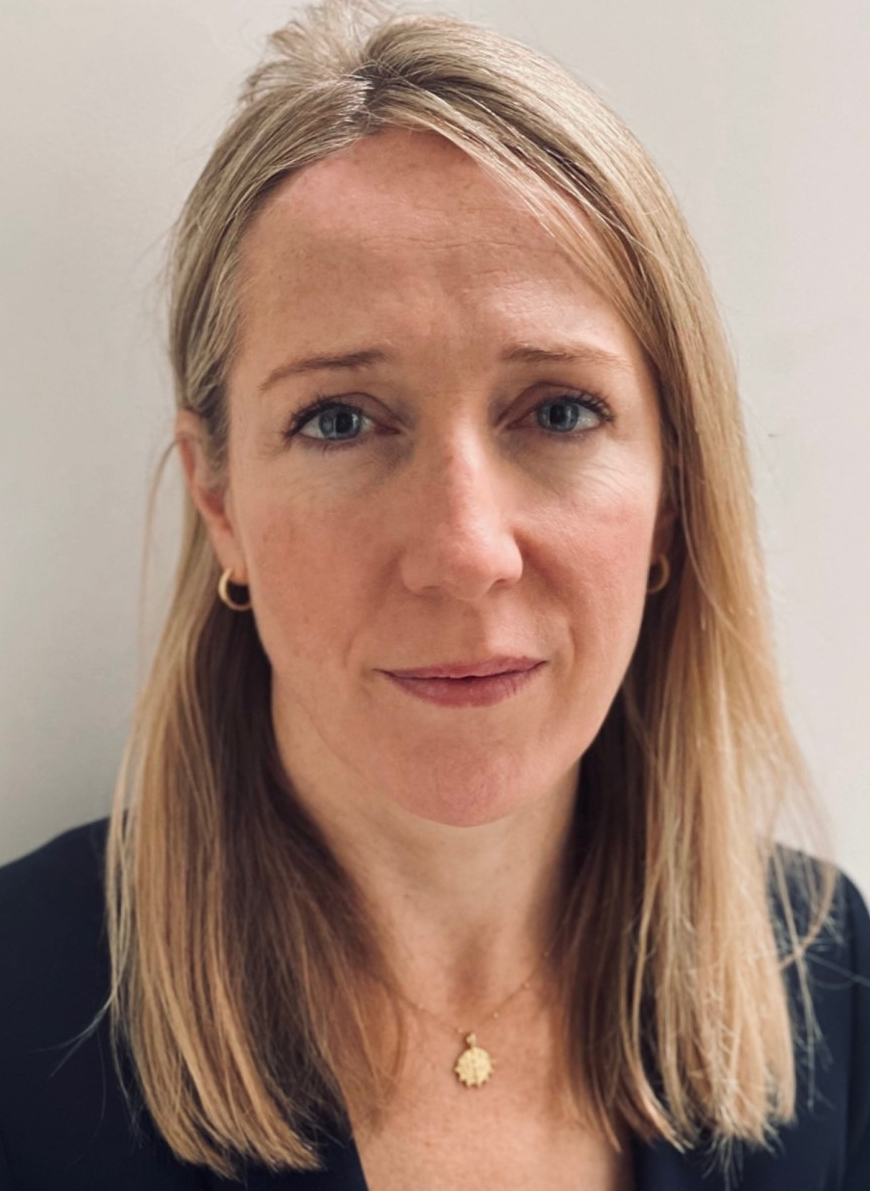Jenny is Programme Director for International Climate Finance Partnerships
.
 Jenny McInnes, EMPP
Jenny McInnes, EMPP
I was thrilled to be offered a place on the LSE Executive Masters in Public Policy: I had wanted to do a Masters straight after university, but the fees were prohibitive and I was keen to get into the workplace. I always said I would love to do a Masters that my employer thought sufficiently valuable to support me through. I spoke to a few alumni before committing – knowing it would be a significant amount of my time as well as public resources – and one comment stuck with me throughout the course. They said ‘the course was valuable from Day 1, and for every aspect of life – from reading the newspaper, to tackling a problem at work – and therefore a total privilege to be part of’. And they were right.
I’m a Senior Civil Servant and have been in government for sixteen years. I have worked in a number of Departments, in a variety of policy areas and roles, but my home has been in international climate and development. For the past six years I have established and led a global team, spread over ten countries, to deliver public policy support to high-emitting developing countries with ambitious plans for climate action. One of the EMPP modules that I loved (which was a bit ‘marmite’ with the other students!) was Empirical Methods, looking at statistical techniques for measuring the impacts of policy change. A scientist by training, this appealed to the logical part of my brain, and my interest in delivering public policy to improve the lives of the most vulnerable in society. If we’re going to be agents of change, we need to know what works…
Every module was a winner, and the teaching faculty were universally first-rate. It was a momentous year to start a Masters in Public Policy, with the EU Exit referendum result only a few months before enrolment, and we were hugely fortunate that the Political Science module was led by teaching staff who are well-recognised thought leaders in the subject. As well as discussing real and theoretical challenges in the Brexit negotiations as they happened, we explored populism (at a time when my team in Mexico was witnessing the election of the left-wing populist President AMLO), social movements (while Black Lives Matter was growing in prominence and recognition), and the shifting political axes in the US (while Trump took office). And in my own policy sphere - with the climate crisis continuing to endanger lives and livelihoods and demonstrate the need for urgent action - the foundational micro-, macro- and global economics modules offered further routes to use rational argument to advocate for radical change.
Juggling the course with a busy job and family life was challenging, but at no point did I question whether it was worth it. And everyone was in the same boat, so there was huge solidarity amongst the students – both the EMPP and the EMPA cohort – and lots of our learning came from sharing our diverse and lived experiences of the subjects we were exploring.